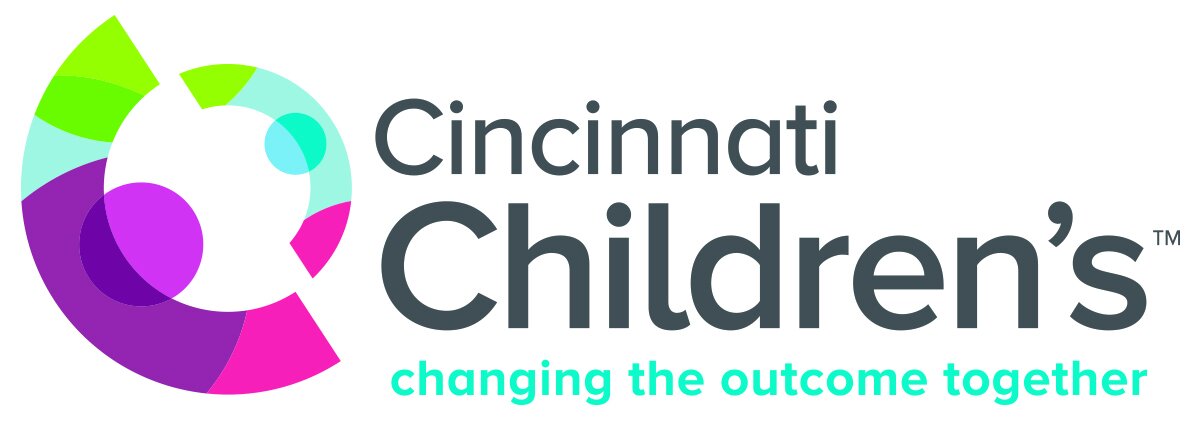
We aspire to bring precision medicine to the bedside of critically ill children and improve their outcomes.
Problem :
Critical illness including sepsis and acute respiratory distress syndrome (ARDS) are major causes of morbidity and mortality among children across the world. However, current therapeutic options are focused on antibiotics and organ support. Clinical and biological heterogeneity among patients has impeded scientific advances and the identification of the right treatment for the right patient(s). Much like “cancer” or “asthma”, identifying subgroups of critically ill patients based on their underlying biology may help in development or deployment of novel or repurposed therapies to improve clinical outcomes. Challenges unique to critically ill patients include the rapidity and dynamic nature of disease evolution.
Precision medicine approaches seek to address these challenges. Most studies thus far have focused on the gene-expression signatures of immune cells of critically ill patients to define patient subgroups. However, microvascular endothelial cells are important for organ homeostasis and their injury is considered a key driver of organ dysfunctions in sepsis. Yet, due to sampling challenges, endothelial pathobiology in critically ill patients has thus far been understudied. Our lab seeks to leverage transcriptomic signatures of free-floating ‘circulating’ endothelial cells from patients and human induced pluripotent stem cell (hiPSC) derived models to identify how they contribute to sepsis heterogeneity. Equipped with this information we seek to develop novel sepsis therapeutics that may restore vascular homeostasis and organ function, and ultimately improve the outcomes of critically ill patients.
Our motivation:
“I often witnessed the devastating consequences of serious infections among children as a medical trainee in India. With a strong desire to improve the lives of such children, I pursued clinical training in the United States. Through residency and fellowship training, I was fortunate to be mentored by Dr. Hector Wong - a pioneer in the field of translational critical care. I learned that observations made at the bedside could be brought to lab to study disease mechanisms, and that these observations can be brought back to improve patient care. Informed by this approach, my own multi-faceted translational research program is focused on driving precision medicine in sepsis. Our lab seeks to understand the contribution of endothelial heterogeneity to organ-specific pathobiology among critically ill patients and to develop novel microvascular therapeutics for at-risk patients.” -Mihir (PI)
"As a Cincinnati native born and raised, I have always felt a close connection to the community and the hospital. My journey to critical care almost felt serendipitous as my personal journey is intertwined with research and sepsis. Starting my career over 12 years ago in animal sciences and slowly built on that foundation to work in medical research. For myself, it's incredibly rewarding to know that the work we do behind the scenes is helping children in the forefront. After a personal loss due to sepsis, I felt a calling to join Dr. Atreya's lab. Knowing our research one day can and will save many lives is the driving force behind our division and our lab. " -Scarlett (Lab Manager)
We are growing:
We are currently accepting interested summer undergraduate students, residents, fellows including visiting research trainees. We anticipate opening up to graduate students and post-doctoral researchers in the future. Interested applicants are invited to contact the PI directly.
Funding Sources:

Contact
Feel free to contact us with questions.
Email
mihir.atreya@cchmc.org
Phone
(513)-636-1627







